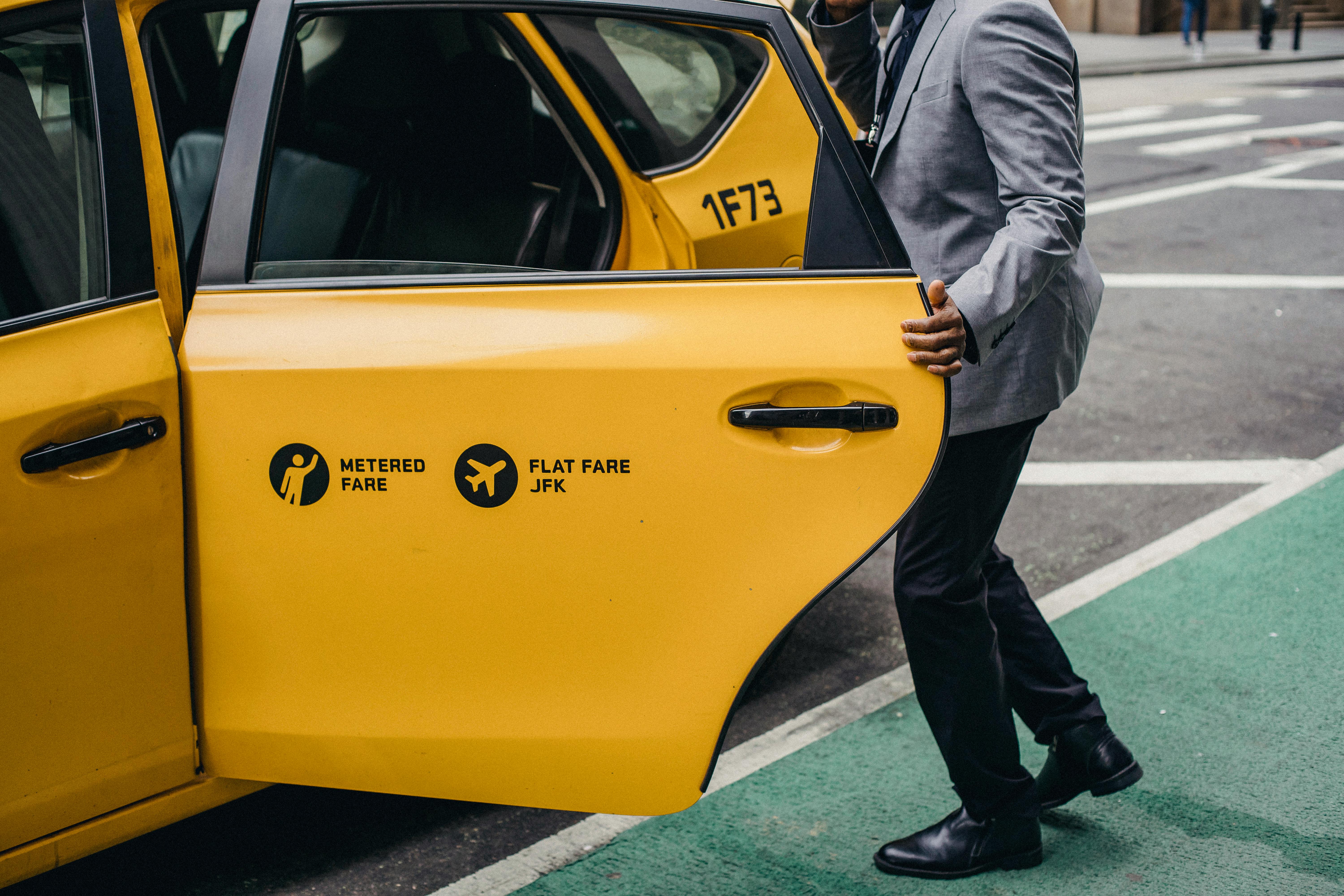You hear them on the radio and television every day. Some have outrageous ads and sales gimmicks. “Push, pull or drag your trade for a minimum trade of $4000”, “The best price in the world!” “The best bumper-to-bumper warranty ever – we cover everything.” “Repo’d Car Sale Today”. I bet you didn’t know that these ads can be and usually are very misleading and can be illegal.
According to Leslie Anderson, AAA, misleading advertisements and misleading marketing from car dealers have been on the rise in recent years. Car dealers, due to a struggling economy, are turning to gray market sales tactics and advertisements. Many of these ads are borderline or even illegal in nature. With all the publicity in recent years of scams and illegal business activities by companies from every state, you would think that most states would have tightened their laws and started cracking down on bad car dealers. Only one state, New York, has really done anything.
There are already laws on the books that make many of these ads illegal, but few states will even investigate these activities. In New York, if you make a Push, Pull, or Drag sale, you will most likely be fined. The thinking behind New York law is that if you promise someone a fixed amount for their vehicle, it should not be factored into the discount or markup on the newer replacement vehicle. This is false advertising. Yet I hear these same ads, with promises of even larger amounts on the radio and TV in North Carolina and South Carolina all the time. Then there is the issue of express and implied warranties.
Express and implied warranties are actually covered by federal law. Every car dealer is required to have a federally approved warranty disclosure posted in the window. This is to show if there is a guarantee and what is actually covered. This was done because there was too much discrepancy in the past with the car dealer blurring the lines of what is actually covered and what is not. On a recent trip from North Carolina to South Carolina, I saw 11 used car dealers that didn’t have these in their windows; in one we discovered that they were in the glove box. When we asked the seller why he wasn’t at the window, he said it wasn’t necessary. In New York, every car dealership you pass or visit will prominently display them.
Then there are the usual lies: car dealers advertising a salvage sale, cream puffs, etc. They will lie about where the cars come from, like in a recent Carfax ad. Oh, that was just a minor scratch on the fender (complete repaint from a 50mph accident) or new upholstery (due to a flood and total submersion). These salvage sales, like Repo Joe, go on a media blitz and claim that they have salvaged all the vehicles for one big buy. When in reality they probably don’t even have one repossessed because it’s for sale. Most car dealers source their cars from local trade-ins or auctions.
Regardless of what they claim, they most likely do not know the history of the vehicles. You can’t even trust Carfax 100% as many vehicles are repaired without a full salvage declaration or even repair history. A carfax report is only as good as the information that is actually entered into the system. Before you trust Carfax or what the dealer says is the car’s history, listen to this: Tennessee attorneys Frank Watson and David McLaughlin say Carfax ads promise more than they can deliver. “Carfax doesn’t disclose the limitations of its database,” says Watson. “People think they have a little insurance policy on their Carfax report, and it’s just not accurate,” says McLaughlin. Carfax is an online company that searches vehicle history databases and claims to be “your best protection against buying a used car with costly hidden problems.” But, critics say that when it comes to many accidents, online reporting companies fall short. A class action lawsuit against Carfax claims the company does not have access to police crash data in 23 states.
This article should be a wake-up call to car buyers to be more alert to car dealership scams, lies and falsehoods. It should also be a wake-up call to states from Oregon to Florida that more needs to be done to curb bad car sales tactics. Most car dealers are not small, family-owned organizations. They are big million or billion dollar companies that will do anything to make a dollar. Even crossing the line or blurring what is legal and what is not. And according to a large dealer in Charlotte, North Carolina, who didn’t want his or his dealer’s name mentioned for obvious reasons, “It’s all about that bottom line and if we get caught, that’s what our lawyers are for.” According to another auto dealer, “It’s a buyer beware market: buyers need to be careful and detective too.”
